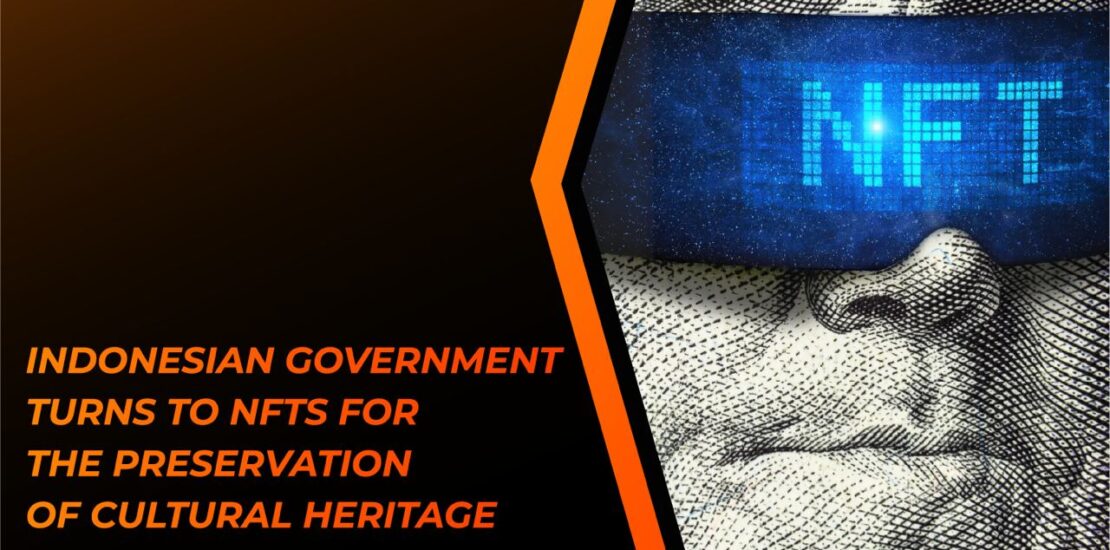- April 11, 2023
- Posted by: [email protected]
- Category:

To tackle the social and economic challenges plaguing Indonesia, the Deputy of the country’s Ministry of Tourism and Creative Economy has turned to cryptocurrency and nonfungible tokens (NFTs). These tokenized assets can be placed on a blockchain to verify ownership while providing proof of specific events occurring at certain times. This feature makes NFTs a perfect tool for preserving Indonesia’s cultural heritage, and the government hopes to leverage this technology to that end.
As the use of artificial intelligence (AI) continues to expand, the threat of falsified historical images becomes more significant. It is therefore crucial now, more than ever, to preserve information accurately of events that take place. Decentralized technologies, such as blockchain, are becoming increasingly popular for achieving this goal. By using decentralized technologies, it is possible to maintain transparency and accuracy in historical records, preserving them for future generations while avoiding the risk of tampering or falsification.
Indonesia’s Ministry of Tourism and Creative Economy is taking a significant step towards preserving the country’s cultural heritage by forming a partnership with Quantum Temple, a technology company using NFTs for preservation. Muhammad Neil El Himam, deputy chairman for digital economy and creative products in the ministry, believes that NFTs can play a vital role in preserving Indonesia’s cultural heritage while enhancing virtual tourism.
The partnership between Indonesia’s Ministry of Tourism and Creative Economy and Quantum Temple represents a critical milestone in the adoption of NFTs beyond the art and entertainment industry. Himam believes that by utilizing NFTs, there will be no limits to the creation and preservation of the country’s cultural artifacts, ensuring their longevity and accessibility for future generations.
He’s also convinced that NFTs have the potential to usher in the next billion users into the crypto space, especially if the NFT elements of the cultural heritage are well-known and appreciated. This partnership is thus a testament to the immense possibilities presented by blockchain technology and its ability to solve real-world problems while unlocking new opportunities for innovation.
NFTs are no longer confined to the art and entertainment industry, as they are increasingly being utilized to address broader societal issues. It is remarkable to witness how the technology is being adapted to preserve cultural heritage and address social and economic challenges in Indonesia. With blockchain technology’s ability to verify ownership and preserve information, NFTs offer a unique opportunity to create lasting impact beyond the realm of entertainment. As the use cases for NFTs continue to expand, it is exciting to consider the possibilities of how they can be applied to various industries to solve real-world problems and drive innovation.



